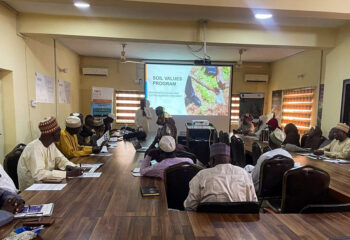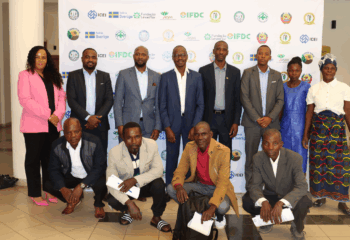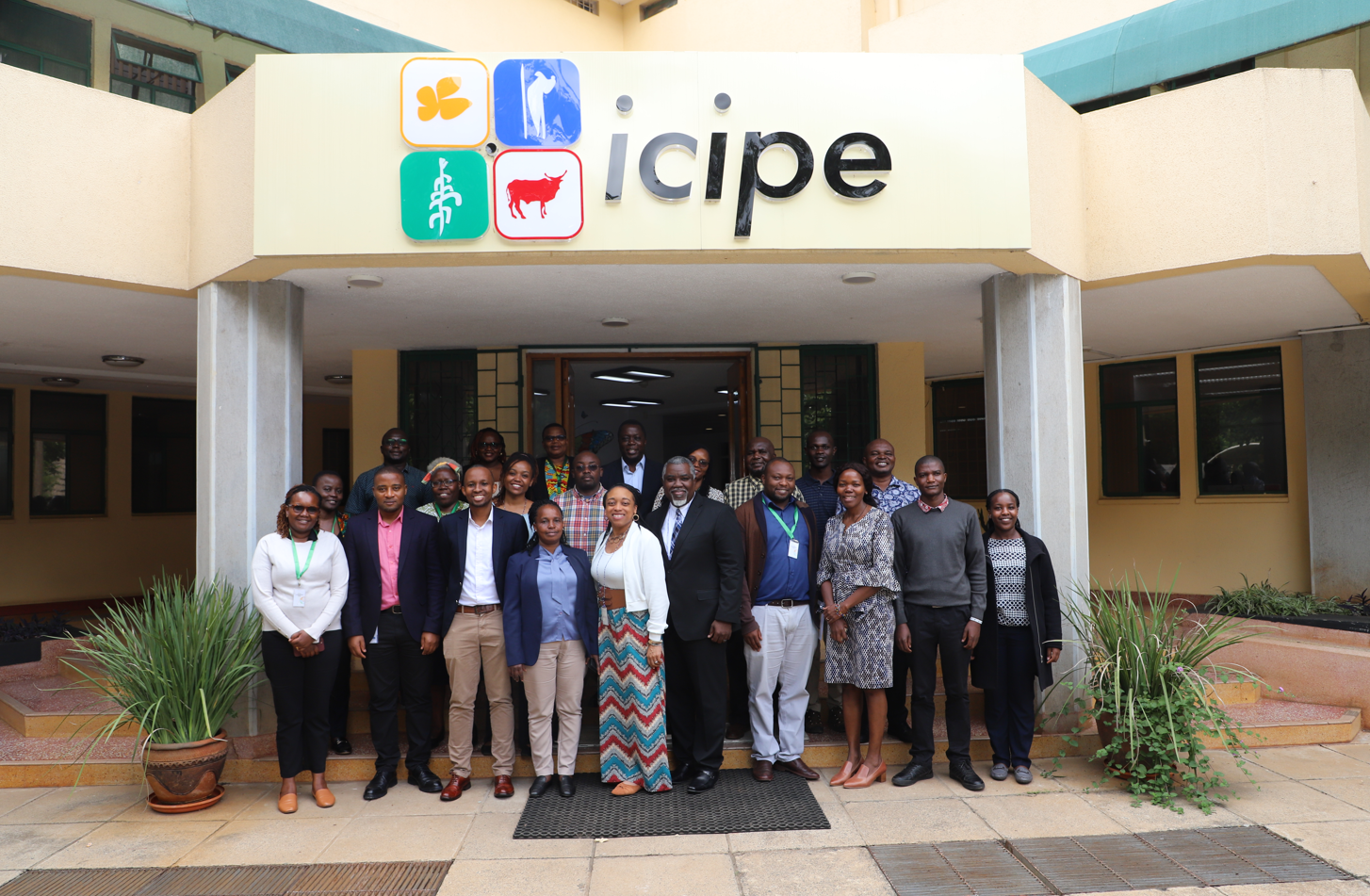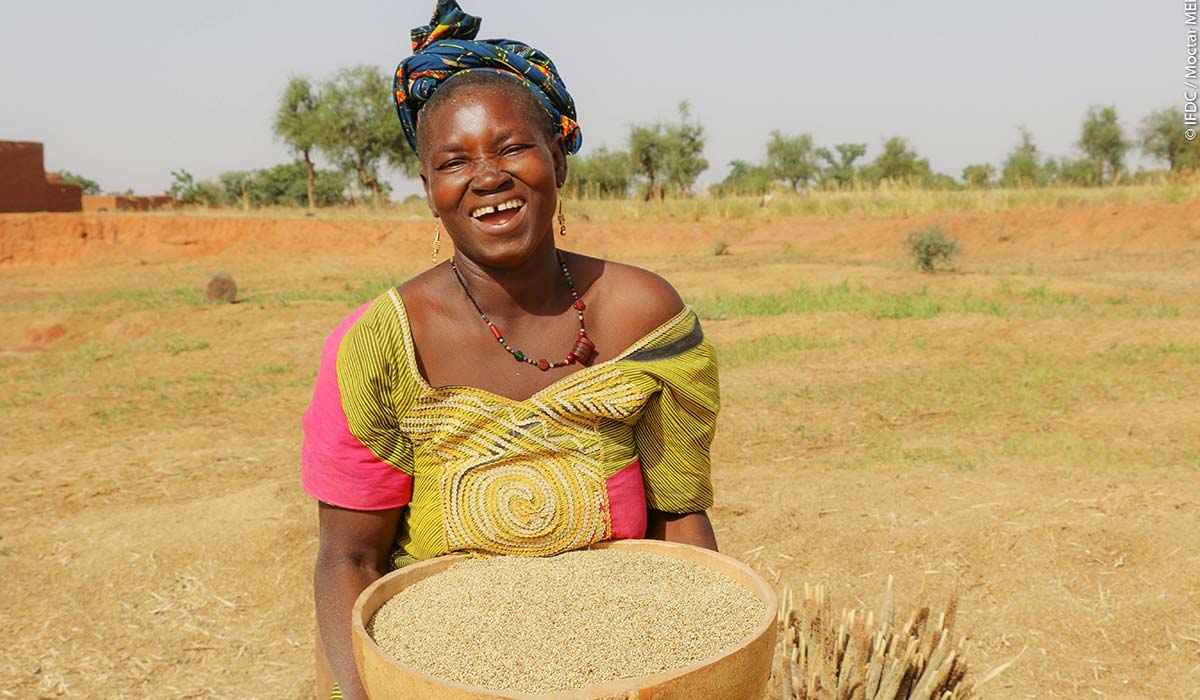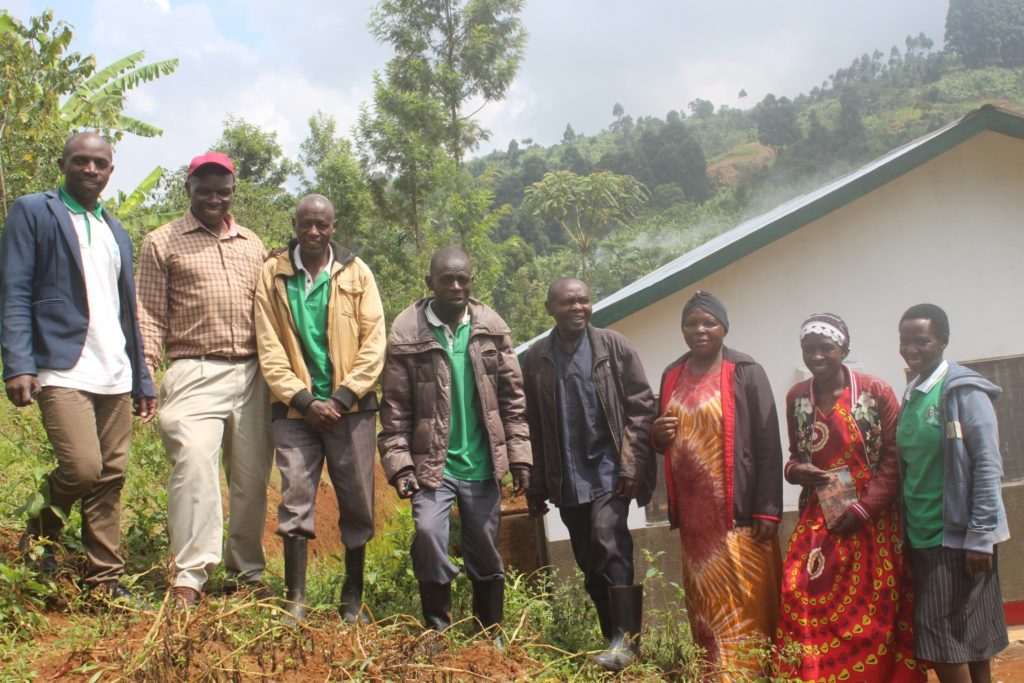
In 2018, the Promotion of Nutrition-Sensitive Potato Value Chains in East Africa (PNSP) project identified potato farmer associations it could work with to improve seed potato production as well as the potato sector. PNSP then built the associations’ capacity to access and manage finance so that they could undertake the operations involved in seed production.
Previously, the associations had no existing financial practices that would allow them to leverage existing financial services, such as loans or grants. Limited by this, PNSP set out to improve the capacity of the farmer associations in financial and administrative expertise.
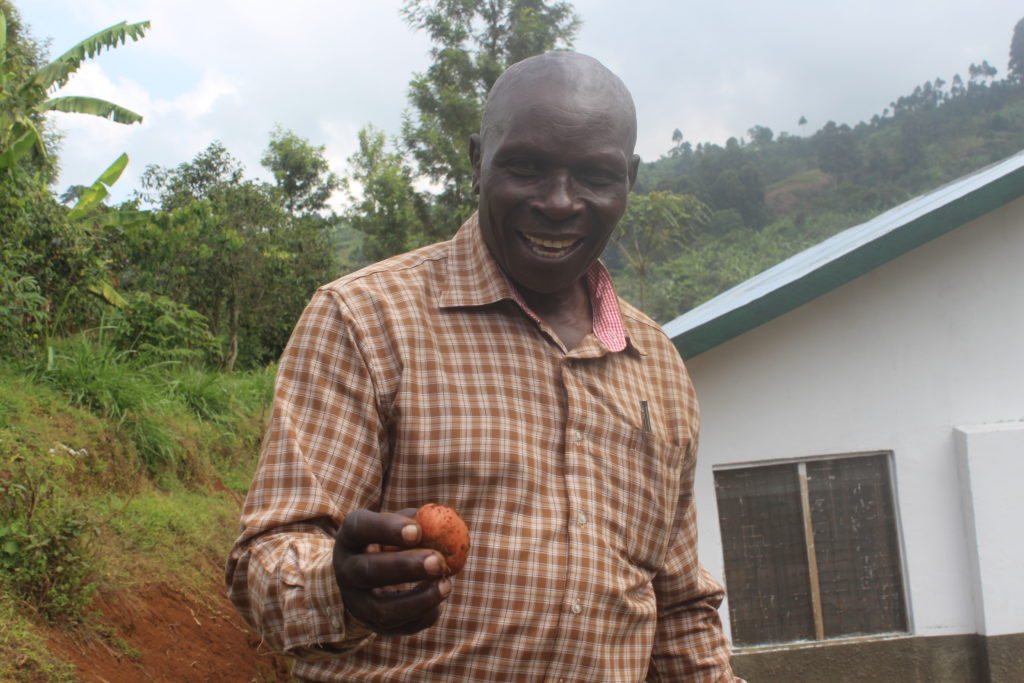
The farmer associations had challenges, including a lack of the legal form required of institutions and no registration with the local government. The associations also had no existing articles of association or official premises. Many questions were relevant for a business in seed production to become established. Were the farmer associations aimed at improving the public good? Did the associations have appropriate accounting and filing systems? Were there previous records or proof of loan management?
“We had no technical know-how in running the financial aspects of our village-based association, as we relied on our local knowledge of running a village savings and loan association,” said George Shiondo, chair of WASWAPA.
To start, a physical address, including an office for the association, needed to be secured. Therefore, the association’s registration had to be verified. For associations without authentic accounting documents, such as receipt books, invoices, and purchase orders, PNSP supported the associations to develop the necessary documents. This enabled the association to track its income and expenditures, so that financial institutions could confirm that all transactions were formal.
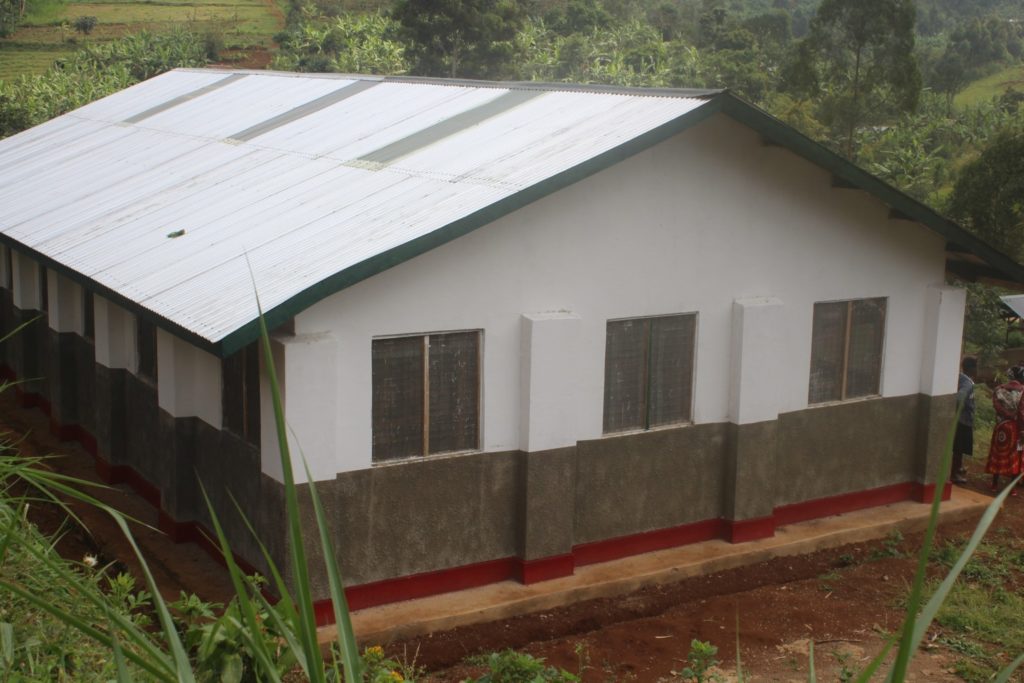
Potato farmer associations’ improved financial practices are increasing accessibility to financial services including grants and loans.
- Mengya Integrated Farmers Association (MIFA)
- Wanale Seed and Ware Potato Farmers Association (WASWAPA)
- Kapchorwa Seed Producers Association (KASPA)
- Kween Seed Potato Producers Association (KWESPA)
The associations also opened up a bank account to improve their transparency and assist in reconciliation and accounting of transactions. PNSP ensured that the associations were transformed from informal to formal organizations, which improved their relationships with reputable third parties.
PNSP then entered into cost-share contracts with the associations to begin the operations for seed production under a local subsidy agreement. PNSP accepted the financial risk and provided technical advice on seed production activities, such as linkages and access to quality service providers. The farmer associations led business operations, such as accounting for expenses. To improve efficiency in administrative processes, PNSP initially intervened by training members of the associations, who then gradually took over those responsibilities.
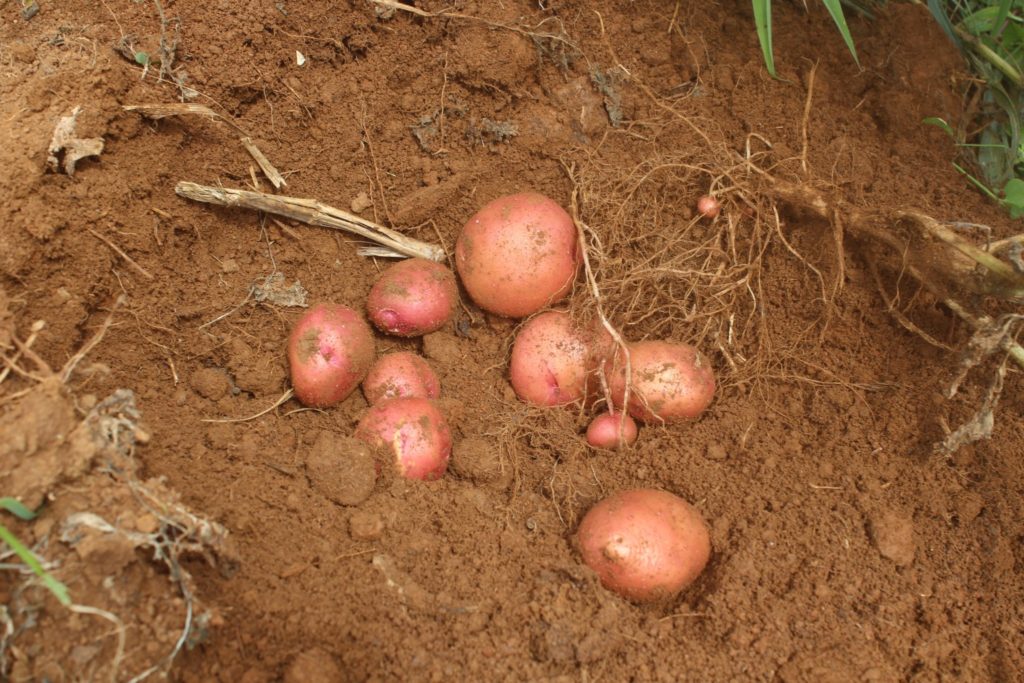
Terms of the local subsidy contract between PNSP and the farmer associations:
- The recipient is responsible for accounting for all of the local subsidy advance.
- The recipient must make contributions towards the local subsidy activities of at least 45%.
- The recipient should support associations to set up screenhouse management committees.
- The recipient should continue setting up marketing networks and channels.
All necessary procurement and sales needed to be handled by the associations. Therefore, some members of the associations were trained to manage the procurement processes. PNSP retained a supervisory role for all financial operations of the associations, including transactions with service providers and payments. The associations adopted electronic communications, such as email, to communicate with service providers for tracking.
“The associations have improved in the basics of the procurement process; for example, they now have purchase order books and are in position to assess quotations before procuring,” said Moses Mubiru, PNSP Finance and Administration Officer.
The associations’ filing system had to be developed to improve record management. In order to have evidence that the associations had handled grants, a systematic, organized, and efficient filing system for documents was important. PNSP requested the associations use a minimum of four box files to organize their records of savings, seed production activities, and requests of the local subsidies account, as well as their liabilities. Some of the associations are transitioning toward filing in an electronic format using a computer.
The associations now have records and source documents and have used these to access loans and grants from financial service providers and donors. The associations have acquired an increased asset base that can serve as collateral to secure financial access. The cohesiveness among association members has also improved.
“We are replicating the same system of financial management in our association’s other institution, Wanale Highland Farming Organization, after seeing the benefits in the tracking and visibility of financial transactions,” said Shiondo.
In the future, these associations will be able to pay taxes when their turnover increases and they are registered as taxpayers, thus contributing to the economy. The PNSP Finance and Administration Officer confirms that this arrangement has been beneficial to both the project and the farmer associations.

